
This week's article breaks down the tax issues, the advertising challenges, and the psychology keeping .99 in place.
www.mondayeconomist.com/p/99-cents

This week's article breaks down the tax issues, the advertising challenges, and the psychology keeping .99 in place.
www.mondayeconomist.com/p/99-cents
It’s not. The basket just got smaller.
That makes it the perfect lesson in how economists measure inflation.
Read more: www.mondayeconomist.com/p/walmart-th...

It’s not. The basket just got smaller.
That makes it the perfect lesson in how economists measure inflation.
Read more: www.mondayeconomist.com/p/walmart-th...
Learn how economics can explain the decision to stay up for “just one more inning.”
www.mondayeconomist.com/p/world-seri...

Learn how economics can explain the decision to stay up for “just one more inning.”
www.mondayeconomist.com/p/world-seri...
The outage revealed something deeper about college: it’s not just about learning, it’s about what the degree signals.
www.mondayeconomist.com/p/canvas-aws

The outage revealed something deeper about college: it’s not just about learning, it’s about what the degree signals.
www.mondayeconomist.com/p/canvas-aws
Behind the sandwich is a billion-dollar lesson in how firms protect their profits through differentiation.
www.mondayeconomist.com/p/uncrustables

Behind the sandwich is a billion-dollar lesson in how firms protect their profits through differentiation.
www.mondayeconomist.com/p/uncrustables
Here’s the economic logic behind multimillion-dollar buyouts and why universities keep paying coaches not to coach.
www.mondayeconomist.com/p/buyouts
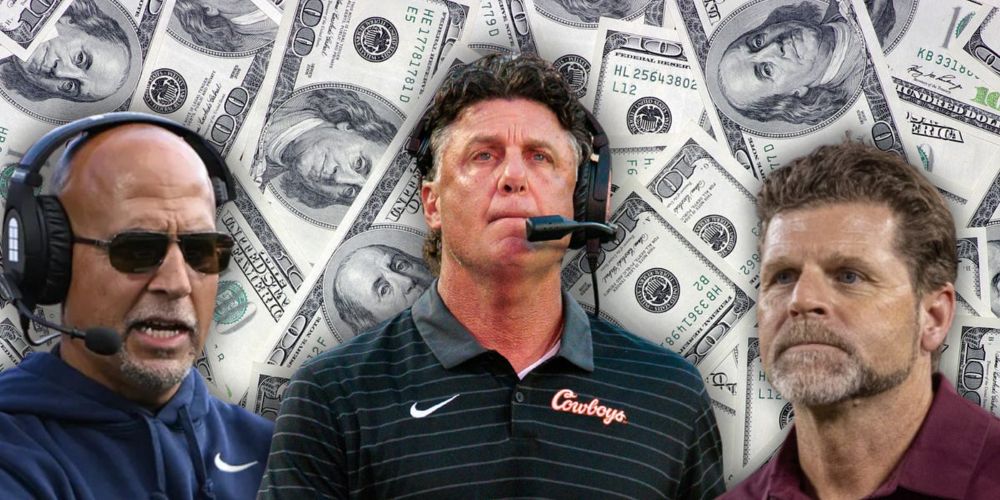
Here’s the economic logic behind multimillion-dollar buyouts and why universities keep paying coaches not to coach.
www.mondayeconomist.com/p/buyouts
Here’s what makes an “industrial bubble” different than the others: www.mondayeconomist.com/p/ai-bubble

Here’s what makes an “industrial bubble” different than the others: www.mondayeconomist.com/p/ai-bubble
I asked @josemonkey.com to figure out how often these rivals cluster in real life. The answer may surprise you, but the explanation goes back nearly 100 years.
www.mondayeconomist.com/p/josemonkey

I asked @josemonkey.com to figure out how often these rivals cluster in real life. The answer may surprise you, but the explanation goes back nearly 100 years.
www.mondayeconomist.com/p/josemonkey
If loss aversion works, it should have worked here. It didn’t.
Why the pot went negative: www.mondayeconomist.com/p/emmys-flop

If loss aversion works, it should have worked here. It didn’t.
Why the pot went negative: www.mondayeconomist.com/p/emmys-flop
That tiny decision says more about your brain (and your social instincts) than you might think.
Read the full piece: www.mondayeconomist.com/p/venmo

That tiny decision says more about your brain (and your social instincts) than you might think.
Read the full piece: www.mondayeconomist.com/p/venmo
With producers cutting nearly 9% of capacity, the “cardboard box index” may be flashing a warning.
www.mondayeconomist.com/p/cardboard-...

With producers cutting nearly 9% of capacity, the “cardboard box index” may be flashing a warning.
www.mondayeconomist.com/p/cardboard-...
Casio and Desmos exist, so why do students still pay $100 for one?
The answer has less to do with features and more to do with economics.
www.mondayeconomist.com/p/graphing-c...

Casio and Desmos exist, so why do students still pay $100 for one?
The answer has less to do with features and more to do with economics.
www.mondayeconomist.com/p/graphing-c...
www.mondayeconomist.com/p/focus-friend

www.mondayeconomist.com/p/focus-friend
A viral crash out, a 17% interest rate, and a lesson in the math behind student loans.
www.mondayeconomist.com/p/student-lo...

A viral crash out, a 17% interest rate, and a lesson in the math behind student loans.
www.mondayeconomist.com/p/student-lo...
This week’s Monday Morning Economist looks at the “Gen Z stare” through the lens of signaling theory.
www.mondayeconomist.com/p/gen-z-stare

This week’s Monday Morning Economist looks at the “Gen Z stare” through the lens of signaling theory.
www.mondayeconomist.com/p/gen-z-stare
Trump accused her of manipulating the numbers, but data revisions happen every month. It's part of the process. So what makes this time different?
www.mondayeconomist.com/p/revisions
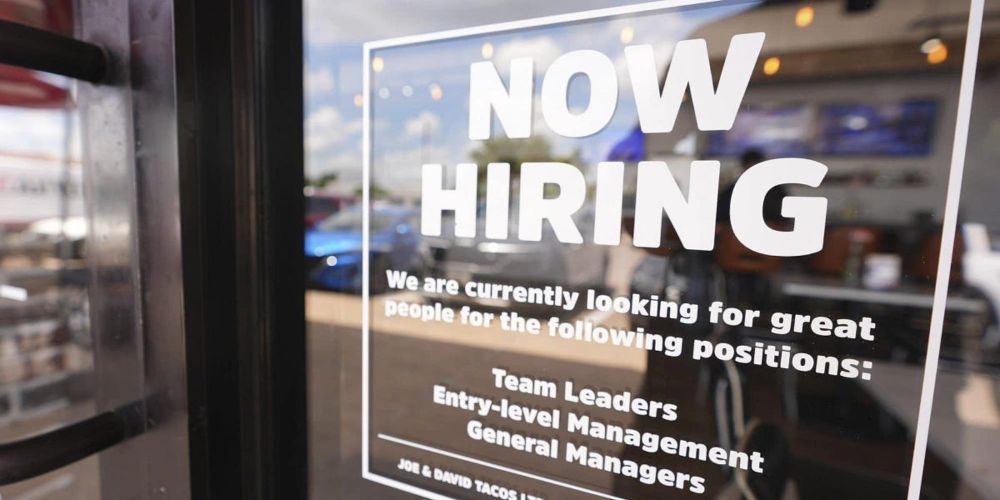
Trump accused her of manipulating the numbers, but data revisions happen every month. It's part of the process. So what makes this time different?
www.mondayeconomist.com/p/revisions
This week’s post explores what small inconvenience really costs us:
www.mondayeconomist.com/p/tsa-shoes
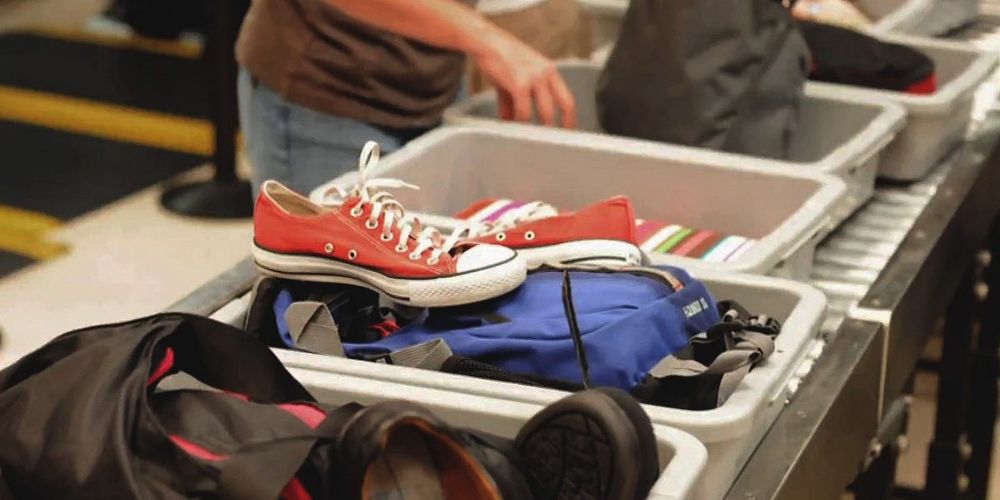
This week’s post explores what small inconvenience really costs us:
www.mondayeconomist.com/p/tsa-shoes
I teamed up with Sandwiches of History to explore how 100 years of economic growth changed the way we eat. Even your fridge tells a story of progress.
www.mondayeconomist.com/p/how-sandwi...
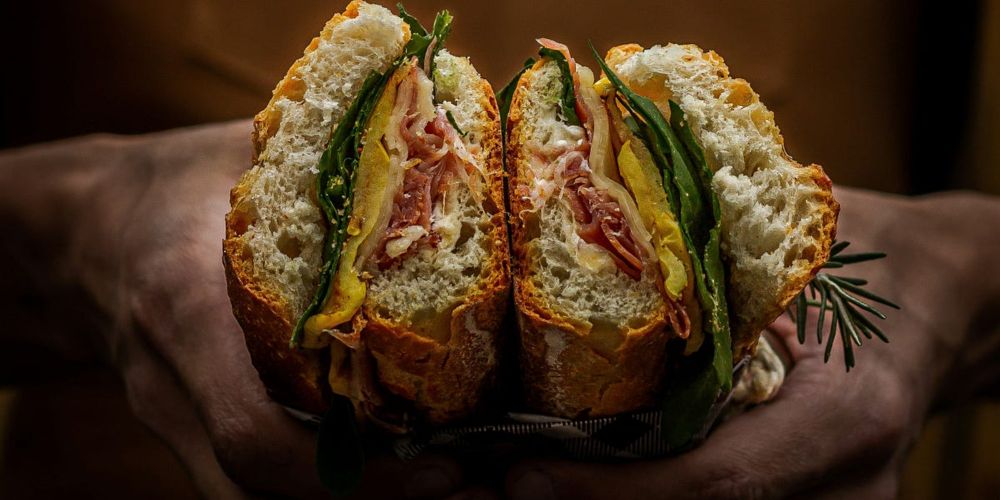
I teamed up with Sandwiches of History to explore how 100 years of economic growth changed the way we eat. Even your fridge tells a story of progress.
www.mondayeconomist.com/p/how-sandwi...
This week, I teamed up with @yourbrainonmoney.bsky.social to answer that question. I tackled the economics, and she tackled the behavioral finance.
www.mondayeconomist.com/p/savings-rate
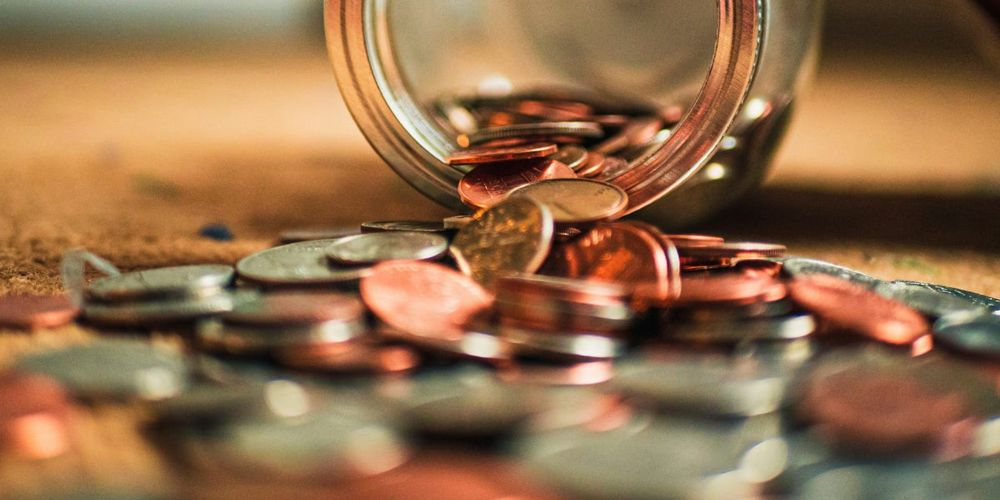
This week, I teamed up with @yourbrainonmoney.bsky.social to answer that question. I tackled the economics, and she tackled the behavioral finance.
www.mondayeconomist.com/p/savings-rate
💔 Matching markets
🔄 Strategic recoupling
💵 The economics of love
(No need to love the show, just bring your inner economist.)
www.mondayeconomist.com/p/love-island

💔 Matching markets
🔄 Strategic recoupling
💵 The economics of love
(No need to love the show, just bring your inner economist.)
www.mondayeconomist.com/p/love-island
This post explains why charging you to access discounts is smarter than it sounds.
www.mondayeconomist.com/p/what-amazo...
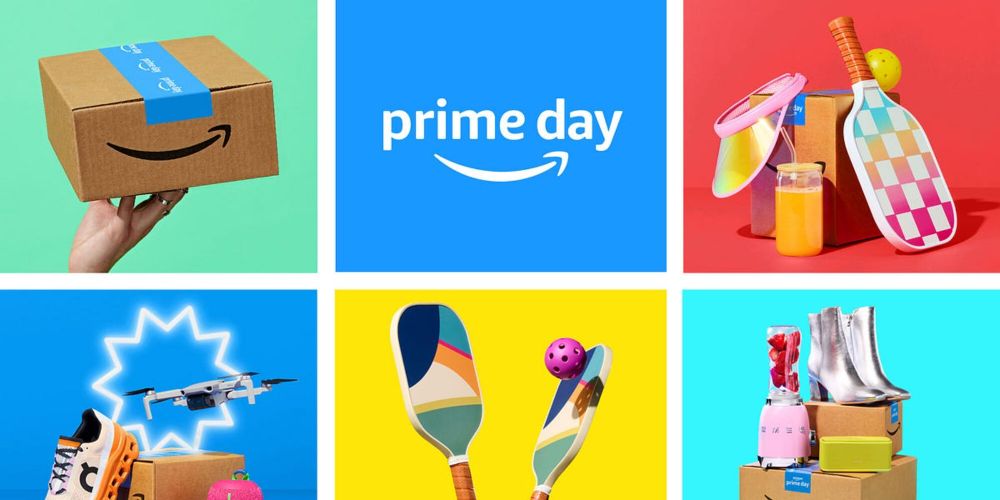
This post explains why charging you to access discounts is smarter than it sounds.
www.mondayeconomist.com/p/what-amazo...
Who should I be reading or listening to?
Tag your favorites down below.
Who should I be reading or listening to?
Tag your favorites down below.
But he’s not just a competitive eater! He’s also a great example of diminishing returns in action. Will it happen to him again this year?
www.mondayeconomist.com/p/competitiv...
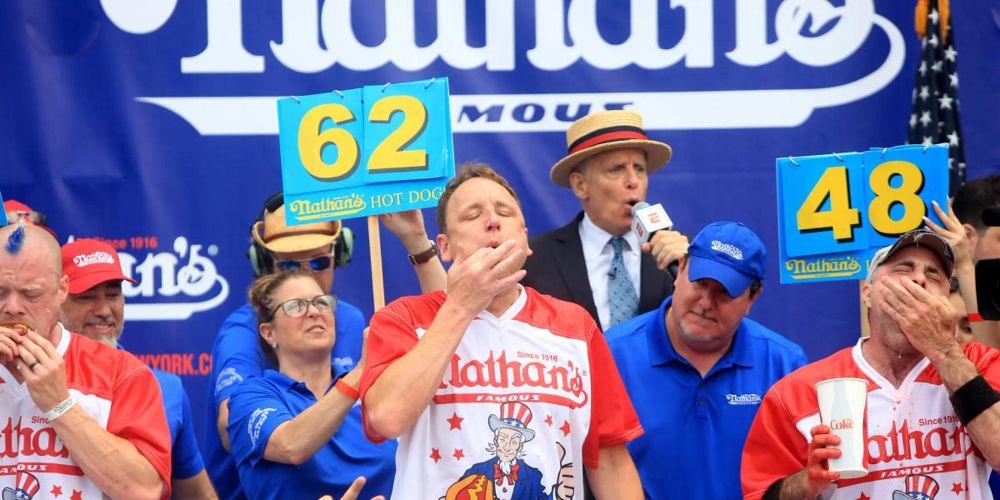
But he’s not just a competitive eater! He’s also a great example of diminishing returns in action. Will it happen to him again this year?
www.mondayeconomist.com/p/competitiv...
It’s been an incredible run these past few weeks! I'm grateful to everyone who reads, shares, and subscribes!
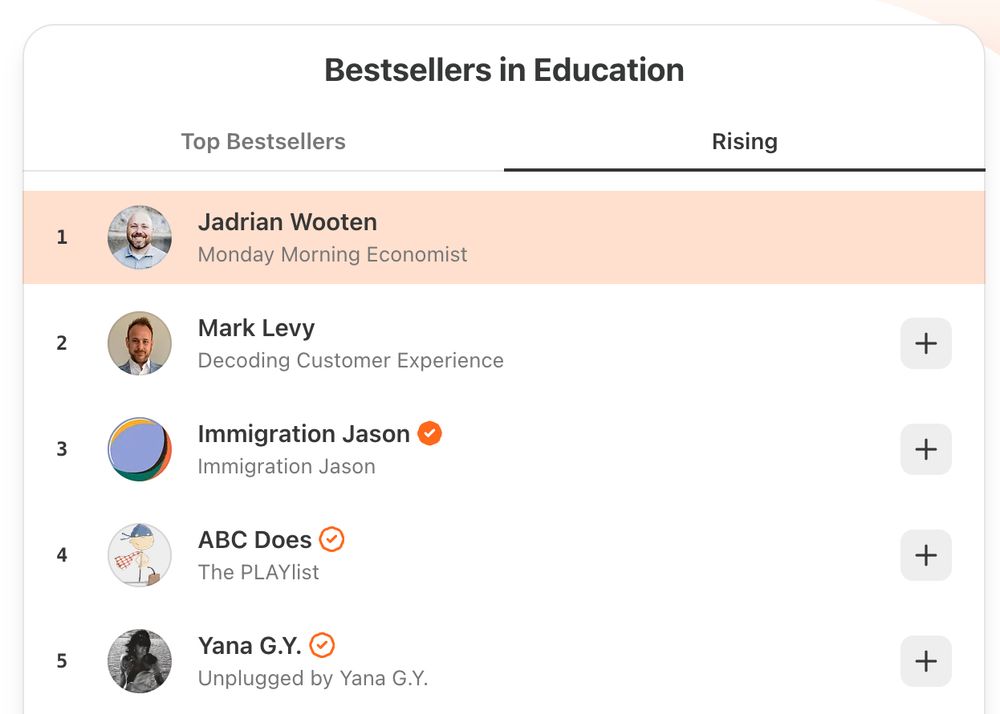
It’s been an incredible run these past few weeks! I'm grateful to everyone who reads, shares, and subscribes!
If you like newsletters, pop econ, or just watching someone figure it out in public, give it a read: www.mondayeconomist.com/p/2025-midyear

If you like newsletters, pop econ, or just watching someone figure it out in public, give it a read: www.mondayeconomist.com/p/2025-midyear

